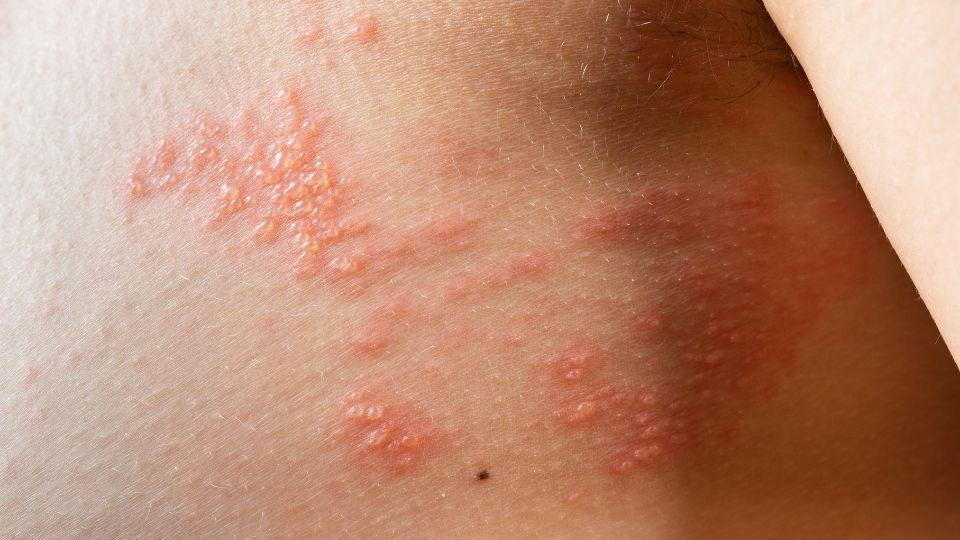Shingles vs. Chickenpox: What's the Difference?

When most people think of chickenpox, they remember childhood memories of getting the virus and having to stay home from school. What many people don't know is that there is a more severe version of this virus - shingles. In this blog post, we will explore the differences between shingles and chickenpox, as well as how you can tell if you have one or the other.
What is Chickenpox?
Chickenpox is a highly contagious virus that causes a rash all over the body. In most cases, chickenpox is a mild disease that goes away without any treatment. However, in some cases, chickenpox can be more severe and lead to complications such as pneumonia and encephalitis.
The virus is spread through the air and can be spread from person to person through coughing and sneezing. It can also be spread through contact with the rash or blisters. Chickenpox is most commonly seen in children, but it can also occur in adults. The symptoms of chickenpox include a fever, a headache, a runny nose, and a cough. The hallmark symptom of chickenpox is the rash, which starts as small red dots that turn into blisters. The blisters can pop and leave behind scars.
Also, in some cases, the virus can reactivate years later and cause shingles. However, you can be treated for chickenpox with antiviral drugs to help prevent these scars. Most people who get chickenpox will have lifelong immunity to the virus.
What are Shingles?
Shingles, also known as herpes zoster, are a more extreme chickenpox version. It is caused by the same virus that causes chickenpox, but it affects a different part of the body. Shingles affect the nerves and can cause pain, numbness, and tingling in the area where it is located. The rash is usually a band of blisters across the chest or stomach. Shingles can be treated with antiviral drugs, but there is no cure for the virus.
Shingles can occur in anyone who has had chickenpox, but it is most common in people over the age of 60. The virus can reactivate years after the initial infection and cause shingles. Furthermore, people who have had shingles are at risk of developing postherpetic neuralgia, which is a condition that causes pain in the area where the rash was located. Postherpetic neuralgia can be very painful and last for months or even years.
The best way to prevent shingles is to get vaccinated against the virus. The shingles vaccine is recommended for people over the age of 60. Shingles can be treated with antiviral drugs, but there is no cure for the virus.
The Difference Between Shingles and Chickenpox
Shingles is a more serious condition than chickenpox. Whereas chickenpox is a less serious infection that most people recover from without any lasting problems. It will also be helpful if you check out whether you can get shingles if you've never had chickenpox, as it will help you understand the difference.
The main difference between the two infections is that shingles can cause long-term nerve pain, while chickenpox doesn't usually cause any long-term problems. Chickenpox is also more common than shingles, and it tends to affect younger people rather than older adults.
If you are not sure whether you have chickenpox or shingles, see your doctor for a diagnosis. Treatment for chickenpox is usually antibiotics to prevent any complications, while you may also receive shingles treatment in Davie, which can help reduce the risk of further complications. Also, treatment for shingles usually includes antiviral medication to speed up healing.
To Conclude
So now you know the basics about the differences between chickenpox and shingles. If you are unsure whether you have chickenpox or shingles, see your doctor for a diagnosis. If you are suffering from shingles, you may contact our office for the diagnosis and treatment. The sooner you seek treatment, the better your outcome is likely to be.

